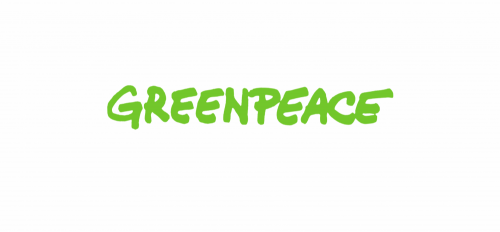The chaos and confusion of the COVID-19 outbreak has revealed some inescapable truths about how we live. It’s shown us how vulnerable, interdependent and interconnected we are. One by one, all the flaws of our current socio-economic systems are being exposed, with an escalating toll of damage.
Our broken systems are proving incapable to cope with the COVID-19 emergency, let alone the looming threat of social and environmental collapse. Yet the long-held practices of the commons are becoming more obvious solutions to the world’s biggest problems. The commons movement, as a complement to established movements – Degrowth, Open Source, anti-austerity, decolonialism, Social Solidarity Economy, ecofeminism, Buen Vivir – is rising.
What exactly are “the commons”?
They are dynamic, living systems created to meet shared needs. A commons requires three components: a resource, an associated community, and the rules the community uses to govern the resource. Commoning, as the practice is known, is an enduring, historical and essential survival strategy, offering fairer ways to meet our needs, especially in challenging times.
Take Wikipedia, for example. It takes the resource of knowledge, with a huge community of writers, editors, readers and people at the Wikimedia foundation, and provides it for free to everyone. Or Community Supported Agriculture, where people – farmers, transporters, members and sellers – share food, with rules to deal with work rotation and fair pricing. These examples differ widely but both embody the practices and logic of commoning.
https://www.greenpeace.org/international/story/43384/commons-cooperation...
Paula Tejón Carbajal is a senior campaigner with Greenpeace. Stacco Troncosoand Ann Marie Utratelare part of the Commons Transition initiative.











Add new comment